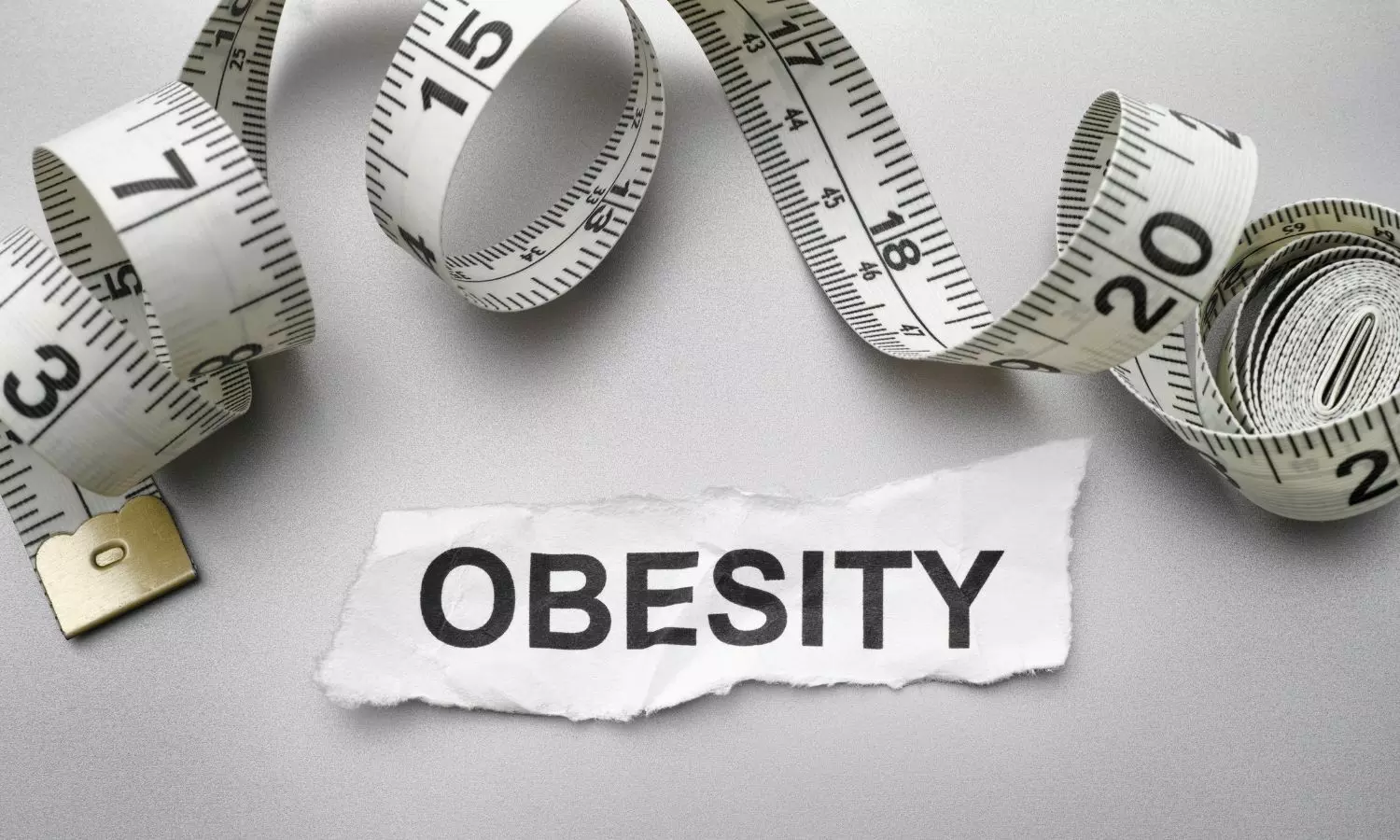Obesity Rising: Report Pushes India-Led Health Strategy

New Delhi: On the eve of Anti-Obesity Day, the Tony Blair Institute for Global Change (TBI) has published Building on Success to Secure India’s Future Health, setting out a bold vision for how India can further its drive on preventive health.
The report was launched as part of a high-level roundtable discussion on the future of India’s health resilience. The roundtable brought together policymakers, health leaders, and experts to discuss how India can turn this vision into reality.
The report notes how obesity and related chronic diseases account for a growing share of India’s health burden, costing the economy an estimated $28.9 billion annually. With nearly one in four Indian adults now obese and rising childhood obesity rates, the report suggests that without action, this could become one of the defining health and economic challenges in the coming decades.
However, the report asserts that India has the foundations to lead globally on prevention. With strong digital infrastructure, a growing network of primary-care centres, and world-claspharmaceutical-manufacturing capacity, the country can move faster than others to build a prevention-first health system. By creating a distinct Indian prevention model, India can avert millions of preventable illnesses, boost productivity, and extend healthy life expectancy.
The report calls for four key actions:
1. Strengthen food-environment regulation to reduce consumption of high-fat, sugar, and salt products.
2. Scale digital risk identification through platforms such as Ayushman Arogya Mandirs and e-Sanjeevani.
3. Incentivise healthy living using digital rewards linked to the Ayushman Bharat Digital Mission.
4. Plan for affordable anti-obesity medicines as India’s pharmaceutical industry prepares for the rollout of generics.
Maulik Chokshi, Global Director of Health Systems Research and Policy at ACCESS Health International, who was a participant at the roundtable, said: “Preventive health must become a central pillar of India’s growth story. The government’s focus on digital platforms and community health is already transforming outcomes, but tackling obesity will require a whole- of-society effort – linking policy, innovation, and behavioural change at the individual level. Reports like this can help chart the course for that collective action.”
Vivek Agarwal, Country Director, TBI, said: “India’s leadership in digital health gives it a unique opportunity to redefine preventive care for the world. By combining technology, data, and community-driven action, India can not only reduce the growing burden of obesity but also build a stronger, more resilient health system for future generations.”


